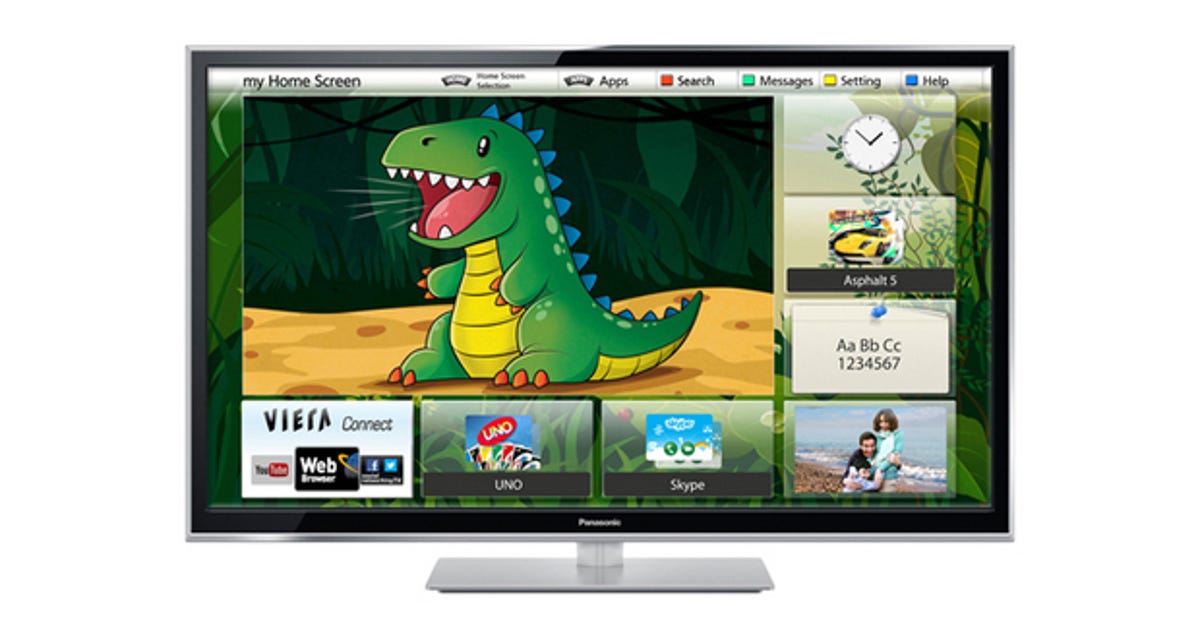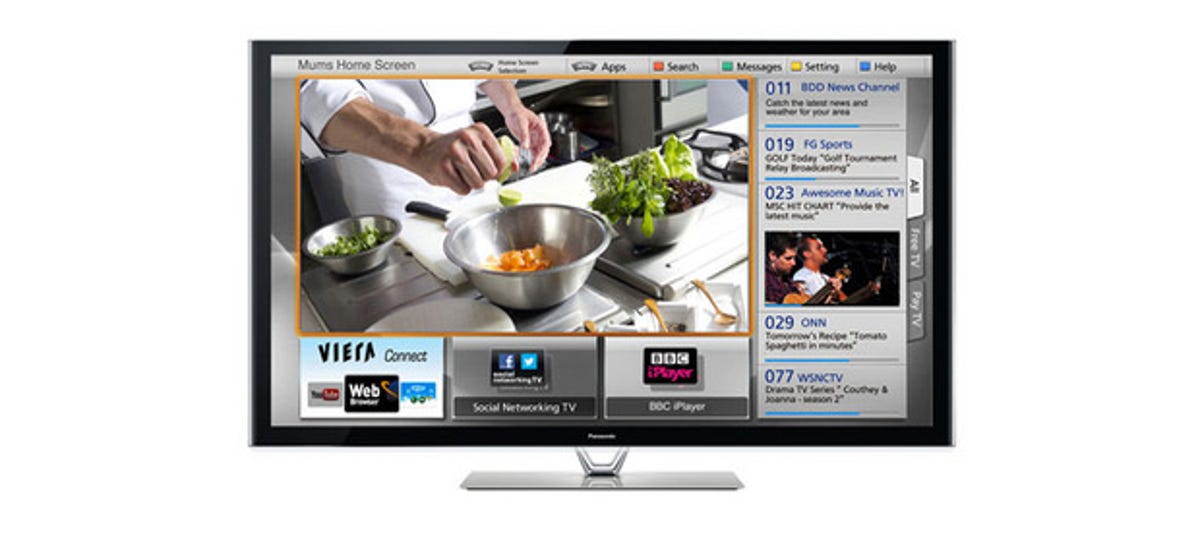
So far in this series, each of the products that defined its sector
in 2013 has also been a pointer for what’s likely to come our way next
year.
Not so here, for while Panasonic’s TX-P55VT65 and TX-P42ST60
each garnered five-star reviews as two of the best TVs we’ve seen all
year, they mark the end of plasma.
Panasonic resisted the lure of LCD for years, holding out as one of the last mainstream plasma manufacturers. You can see why too, as practice has indeed made perfect. The VT65 and ST60 flew through
our tests, with vivid colours, smooth motion and deep, satisfying
blacks.
Even the speakers, which can sometimes be lacklustre in flat-panel
devices, were up to the job of filling a room with cinematic sound as
Panasonic got pretty much everything right in what are likely to be
plasma’s swan-song products.


By early summer, the company was shipping LCD TVs alongside its plasma devices — the TX-L47FT60,
for example — and while we won’t exactly mourn the passing of plasma
(it’s often more expensive than LCD, can suffer from burn-in if you keep
it tuned to the same channel — particularly one that displays a
persistent logo in one corner — and gets dimmer over time) you’d be
hard-pressed to find fault with either of these.
Their homescreens have been redesigned for 2013, and if you don’t
get on with Panasonic’s default layout you can choose your own, putting
your preferred sources front and centre.
The ST60 is a Freeview-only device, but the VT65 has dual tuners for
both Freeview and Freesat, which is a boon here as it means you can
flick through the EPG with live feeds from two different channels on the
screen at once. This allows you to continue watching one programme
while checking whether another has started on the other side. You can
also plug in a hard drive and record from one tuner while watching the
other, effectively saving yourself the expense of a separate PVR.
Aside from the traditional digital tuners, both have Netflix, YouTube and iPlayer built in,
and you can download other apps from the Net, but they’re still missing
4oD, ITV Player and Demand 5. If these are important to you, and you
don’t want to resort to hooking up a third-party box from the likes of Roku, check out rival sets from Samsung, like its PS51F8500, which do include these services.


Panasonic confirmed to CNET that it’s continuing its research and
development on plasma display technology, but there’s no denying that
even in the short term OLED represents the future for high-end TVs.
We reported in June last year that Panasonic was teaming up with Sony to produce OLED TVs
in much the same way that it partnered with Olympus to work on its
high-end cameras, so we expect to see more OLED products coming off the
production line over the next 12 months.
Samsung and LG
have both announced 55-inch curved OLED TVs, although with anticipated
sale prices of around £10,000 apiece they’ll be within the reach of only
the deepest pockets.
Those prices will come down over time, at which point the
technology’s primary benefits, which include better performance in
bright rooms, as well as thinner, lighter devices, will be open to a far
wider audience.
In the meantime, there’s no reason why you should be put off buying
either of these champion plasma devices. In every respect they fulfil our criteria for defining their own particular sector over the last 12
months, and going ahead they’re sure to give you years of faithful
service.




